By Michael Wilmington and Film Noir Blonde
The Noir File is FNB’s weekly guide to classic film noir, neo-noir and pre-noir on cable TV. All the movies below are from the current schedule of Turner Classic Movies (TCM), which broadcasts them uncut and uninterrupted. The times are Eastern Standard and (Pacific Standard).
PICK OF THE WEEK
Six by Alfred Hitchcock (1941-59) Friday, Nov. 23, 6:30 a.m. – 6 p.m. (3:30 a.m.- 3 p.m.)
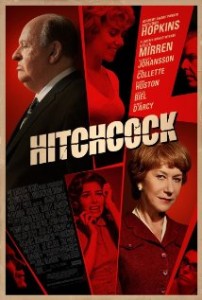 Hitchcock was the movies’ all-time master of suspense – the supreme chronicler of wrong men on the run and notorious ladies in distress, of psychos and vertigo, of scenic spy chases and excruciating murder scenes, of shadows and strangers and suspicion, and most of all, of expert suspense movies, pulse-pounding pictures that got you on the hook fast, and kept you there until the last minute.
Hitchcock was the movies’ all-time master of suspense – the supreme chronicler of wrong men on the run and notorious ladies in distress, of psychos and vertigo, of scenic spy chases and excruciating murder scenes, of shadows and strangers and suspicion, and most of all, of expert suspense movies, pulse-pounding pictures that got you on the hook fast, and kept you there until the last minute.
He was also the master of film noir, as this six film mini-marathon of movies proves. Dating from the heyday of both Hitchcock and classic noir (1941 to 1959), they’re films that you may have seen before, but that are always welcome for a fresh viewing. Hitchcock was one of the most punctilious, painstaking and brilliantly inventive of all major movie artists and that’s why you can see these pictures over and over. While you’re in the mood, you’ll probably also want to catch the opening of the new movie “Hitchcock,” Sacha Gervasi’s bio-thriller about the making of “Psycho,” with Anthony Hopkins as the master of suspense himself.
Friday, Nov. 23, 6:30 a.m. (3:30 a.m.): “The Dick Cavett Show” (1972). Cavett interviews Hitch, for the release of “Frenzy.”
8 a.m. (5 a.m.): “Under Capricorn” (1949). In this somewhat stiff Australian-set period romance, Ingrid Bergman plays a reclusive alcoholic torn between bad-tempered husband Joseph Cotten and charming visitor Michael Wilding – with Margaret Leighton a scene-stealer as the obsessive housekeeper. One of the director’s rare commercial flops, “Under Capricorn” is still notable for its complex, long-take moving camera scenes (like the ones in “Rope”).
10 a.m. (7 a.m.): “Strangers on a Train” (1951).
11:45 a.m. (8:45 a.m.) “The Wrong Man” (1956). Hitchcock takes a real-life episode –the arrest and conviction of New York musician Manny Balestrero (Henry Fonda) for a robbery he didn’t commit – and squeezes out as much suspense as he does from his fictional thrillers. Co-scripted by playwright Maxwell Anderson; with Vera Miles and Harold J. Stone.
1:45 a.m. (10:45 a.m.): “North by Northwest” (1959). One of Hitchcock’s two great spy-chase thrillers (the other is “The 39 Steps”), “North by Northwest” follows a suave but beleaguered Manhattan advertising executive (Cary Grant), who’s mistaken for a spy who doesn’t exist, charged with a murder he didn’t commit, pursued by bad guys (James Mason, Martin Landau) whose machinations bewilder him. Oh and he’s involved with a blonde beauty (Eva Marie Saint) who may want him dead. And then there’s that pesky crop-dusting plane “dustin’ where there ain’t no crops.” One of the best, most typical and most beautifully made Hitchcocks. Ingeniously scripted by Ernest Lehman.
4:15 p.m. (1:15 p.m.): “Suspicion” (1941).
6 p.m. (3 p.m.): “Dial M for Murder” (1954).
Sunday, Nov. 18
2 p.m. (11 a.m.): “Casablanca” (1942, Michael Curtiz).
4 p.m. (1 p.m.): “Bonjour Tristesse” (1957, Otto Preminger). Smooth as silk and cool as champagne, Preminger’s adaptation of the young French writer Françoise Sagan’s cynical novel, focuses on a brainy young belle (Jean Seberg), whose intense relationship with her playboy father (David Niven) is disrupted by his perceptive fiancée (Deborah Kerr) – a clash that leads to darker currents and conflicts. Seberg’s chilly performance here inspired her role several years later in Jean-Luc Godard’s “Breathless.”
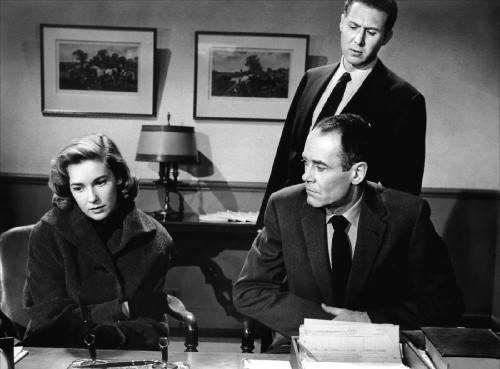
![Bonjour Tristesse DVD[1]](http://www.filmnoirblonde.com/wp-content/uploads/2012/11/Bonjour-Tristesse-DVD11.jpg)





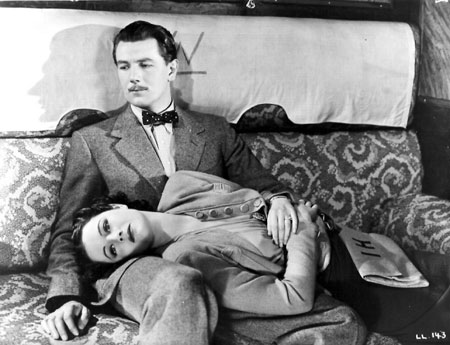
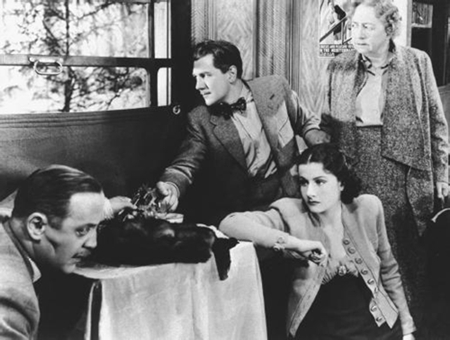
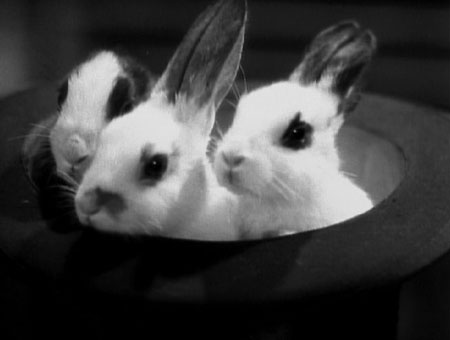






From FNB readers